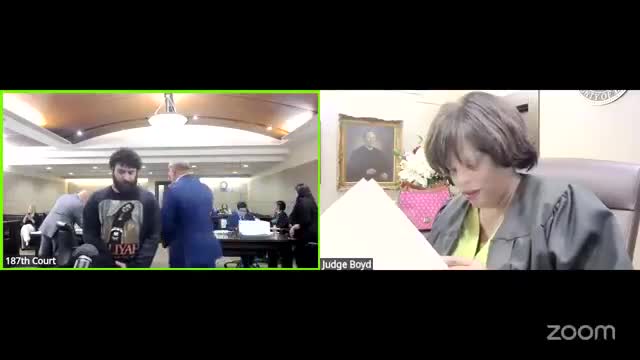Article not found
This article is no longer available. But don't worry—we've gathered other articles that discuss the same topic.
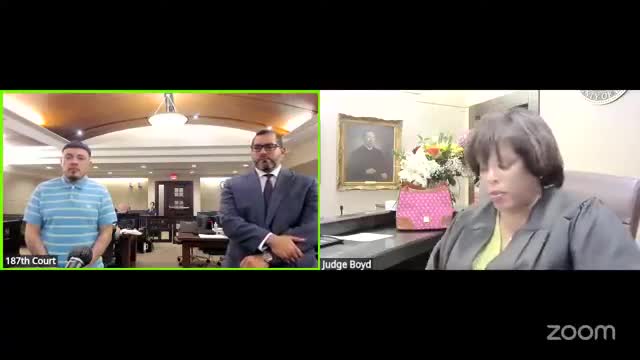
Man enters no-contest pleas in three family-violence cases; court orders PSI and evaluations
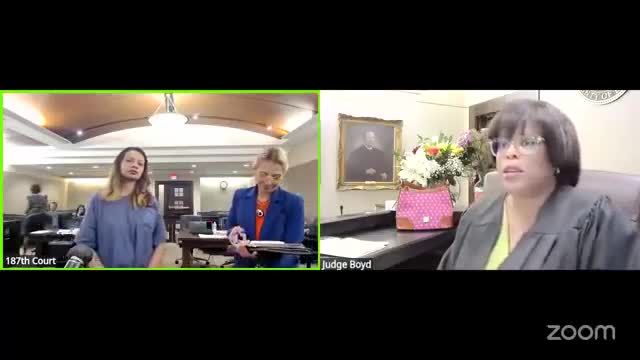
Felony drug-court participant sentenced to two years after admitting alcohol-use violation
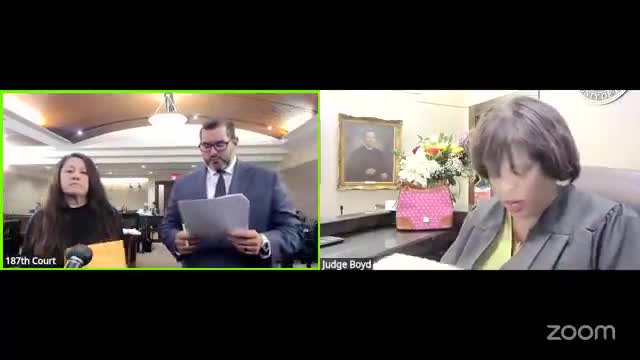
Woman sentenced to six years in prison after pleading guilty to burglary-of-habitation charge
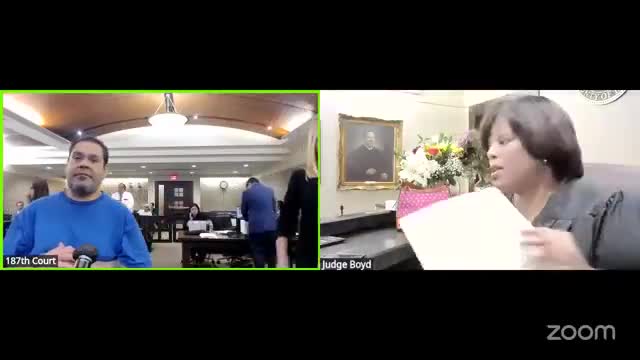
Court accepts plea in unlawful-possession case; judge suspends sentence and places defendant on 10 years' probation
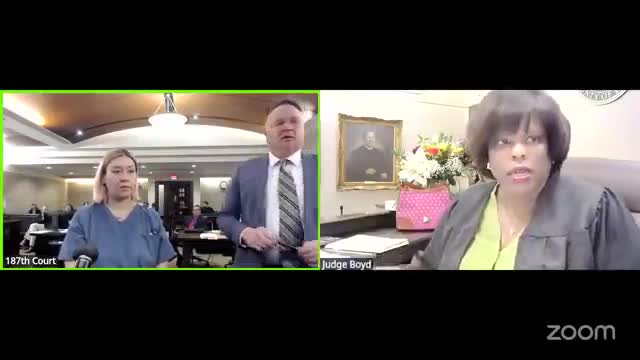
Judge revokes supervision, sentences Amber Lopez to four years in prison
